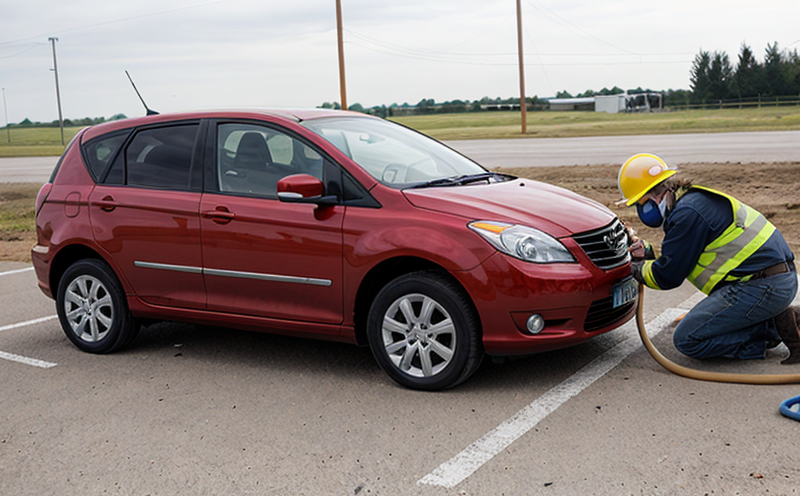IEEE 1012 Functional Safety Testing for Software Validation
The IEEE 1012 standard provides a structured approach to software validation in functional safety contexts. This service is essential for ensuring that software used in safety-critical systems operates as intended, thereby minimizing the risk of failures that could lead to accidents or injuries.
Functional safety testing focuses on verifying that the software functions correctly under all expected conditions and malfunctions are detected promptly. The IEEE 1012 process involves several stages including requirement analysis, design verification, implementation, integration, system testing, and final validation. Each stage ensures continuous adherence to functional safety requirements.
Testing is conducted in a controlled environment where real-world scenarios are simulated. This allows for the identification of potential issues early in the development cycle when they can be addressed more efficiently and cost-effectively. The use of this standard helps organizations meet regulatory compliance and industry standards, ensuring that their products are safe to operate.
The IEEE 1012 framework is particularly crucial in sectors like automotive, aerospace, medical devices, and industrial automation where even minor software errors can have severe consequences. By adhering to this standard, companies not only enhance product safety but also build trust with regulatory bodies and customers alike. This service supports the development of reliable software that meets stringent functional safety criteria.
In summary, IEEE 1012 Functional Safety Testing for Software Validation is a critical process that ensures compliance with international standards while delivering robust, safe, and dependable software solutions. It plays an integral role in safeguarding lives by mitigating risks associated with unsafe operations due to software errors or malfunctions.
Industry Applications
The IEEE 1012 Functional Safety Testing for Software Validation finds wide applicability across various industries that rely heavily on software for their operations. Key sectors include:
- Aerospace: Ensuring the safety of avionics and flight control systems.
- Automotive: Enhancing passenger safety through advanced driver assistance systems (ADAS) and autonomous driving technology.
- Medical Devices: Guaranteeing the reliability of medical software that controls life-saving equipment like pacemakers and MRI machines.
- Industrial Automation: Improving process control in manufacturing plants to prevent accidents and ensure compliance with safety regulations.
In each of these industries, the IEEE 1012 standard is used to validate critical software components ensuring they function safely under all expected operating conditions. This approach helps manufacturers comply with stringent regulatory requirements while enhancing overall product quality.
Why Choose This Test
- Ensures compliance with IEEE 1012 and other relevant functional safety standards.
- Reduces the risk of software-related accidents by identifying issues early in development.
- Enhances product reliability through rigorous testing protocols.
- Maintains regulatory compliance, reducing potential legal risks.
- Builds trust with customers and regulatory bodies through proven safety measures.
- Supports continuous improvement in software design and functionality.
Selecting IEEE 1012 Functional Safety Testing for Software Validation offers comprehensive validation of critical software systems. This service not only meets industry standards but also helps organizations achieve higher levels of customer satisfaction by delivering safer, more dependable products.
Competitive Advantage and Market Impact
Implementing IEEE 1012 Functional Safety Testing for Software Validation provides significant competitive advantages in today’s highly regulated markets. By demonstrating a commitment to safety and reliability, organizations can:
- Differentiate themselves from competitors by offering safer products.
- Avoid costly recalls and product failures that could tarnish brand reputation.
- Attract more customers seeking trusted solutions for their needs.
- Secure regulatory approvals faster due to demonstrated compliance with international standards.
The market impact of this service extends beyond individual organizations. By promoting safer products, industries as a whole benefit from reduced liability risks and enhanced public trust. This creates a positive cycle where consumers gain confidence in technology, leading to greater adoption rates and economic growth.





